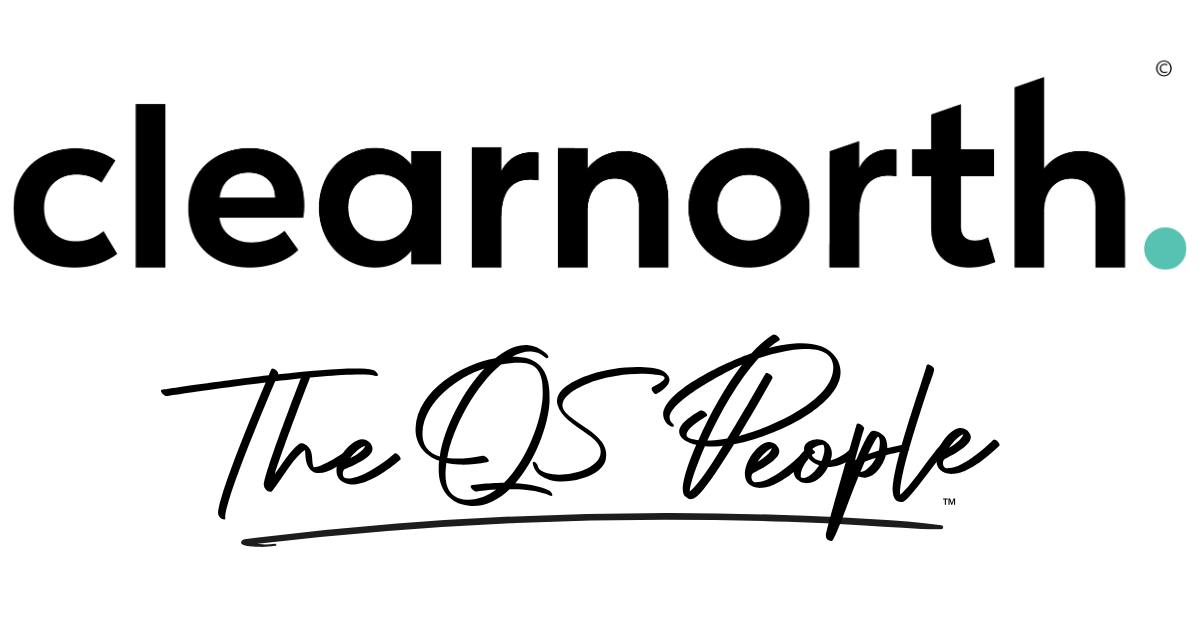May 31, 2024
How to Stand Out in Your Quantity Surveying Interview
Author: Tracey Hutchison
Date: May 31, 2024
Having decades of experience coaching people before and after interviews, I have compiled a master list of top tips to help you; including some dos and don’ts from some of the more memorable interviews we've held. However, the main thing to remember is the interview is a two-way street, the interviewer is assessing your skills to see if you fit the role they have and you are assessing the interviewer and company to see if it is the right place for you.
Even though a recent article we posted spoke about how Quantity Surveyors are now in the driving seat, you are still advised to prepare as best as possible.
Before the Interview:
- Research the Company: Take time to understand their work, core values, and current projects I find clients really appreciate when interviewees have good insight into the company and tie this in with why they want the role.
- Brush up on the Job Description: Identify the key skills and experience they're looking for. Tailor your answers to highlight your relevant qualifications and technical skills.
- Prepare Questions: I recommend having a few thoughtful questions prepared for the interviewer about the role, the company culture, and the potential for career progression. i.e Can you describe the company's culture and values? How does the company measure the performance of its quantity surveyors? What are the biggest challenges facing the quantity surveying team currently? How does the quantity surveying team collaborate with other departments within the company?
- Practice Makes Perfect: Rehearse your answers to common interview questions out loud or with a friend. This builds confidence and helps you articulate clearly.
- Plan Your Outfit: Despite the common practice these days of web-based meetings. Dress professionally and appropriately. First impressions matter this includes your bottom half! It wouldn’t be the first time we have been told a pair of pants were accidentally flashed during an interview.
- Can you hear me?: This phrase isn’t something you want to repeat throughout an online interview. I recommend checking your internet connection is strong before the interview so you can be seen and heard clearly.
- Distractions: If you are doing a web-based interview set yourself up in an area where the background is thoroughly uninteresting and you have no chances of disruption from people (or pets!) We all remember “BBC Dad” whose kids crashed his live TV interview!
During the Interview:
- Be on Time: Punctuality demonstrates respect for the interviewer's time.
- Be Confident and Positive: Whether you’re in a face-to-face or web-based interview, body language is important. Smile, make eye contact, sit up straight, and project confidence in your abilities. Don’t slouch or recline yourself to the point you bypass looking relaxed to looking thoroughly uninterested. With web-based interviews remaining popular I stress to candidates to behave as if they are there in person.
‘If you wouldn’t eat or smoke during an in-person interview then don’t do it on a web-based one just because you’re at home.’
- Twitches and Itches: Be mindful of nervous tics or shuffling around too much. I recently held an interview where the candidate clicked his pen repeatedly. It is incredibly distracting and can detract from what you have to say.
- Active Listening: Pay close attention to the interviewer's questions and respond thoughtfully, if you hit a stumbling block ask for clarification. Waffling on without actually answering the question won’t do you any favours.
- Highlight Your Passion for the Industry: Show your enthusiasm for the sector the company covers and the specific role you are interviewing for.
- Be Honest and Enthusiastic: Be forthcoming about your experience, especially if you are branching out into a new sector for the first time. Stay positive and showcase your willingness to learn, highlight any areas of study you have been doing to remain at the top of your game.
- Ask Questions: Ask questions which reflect the discussion not just the list you have pre-prepared as these may already have been covered during the course of the interview. This is your opportunity to verify if the job is the right fit for you.
After the Interview
- Reflect on the interview. Are there any areas you could improve? Did you convey your knowledge of technical questions as well as you could have? Were there any questions you didn't get a chance to ask during the interview? Maybe you feel the job isn’t the right fit for you. If you are working with a talent specialist these are great things to discuss with them. A candidate recently asked Robson “How do you think I have done?” following a recent interview. This prompted Robson to press the client for extra details in the interview feedback.
Speaking of which…
- Seek feedback and make a few notes. If you get called for a follow-up interview you’ll want to demonstrate you can alleviate any concerns, respond to feedback and seek to improve. Second interviews tend to include other senior members of the company so be prepared to answer the same questions as before to a person who is hearing your answers for the first time!
- If you aren’t successful at the first interview stage, use any feedback as the basis to hone your interview game!


